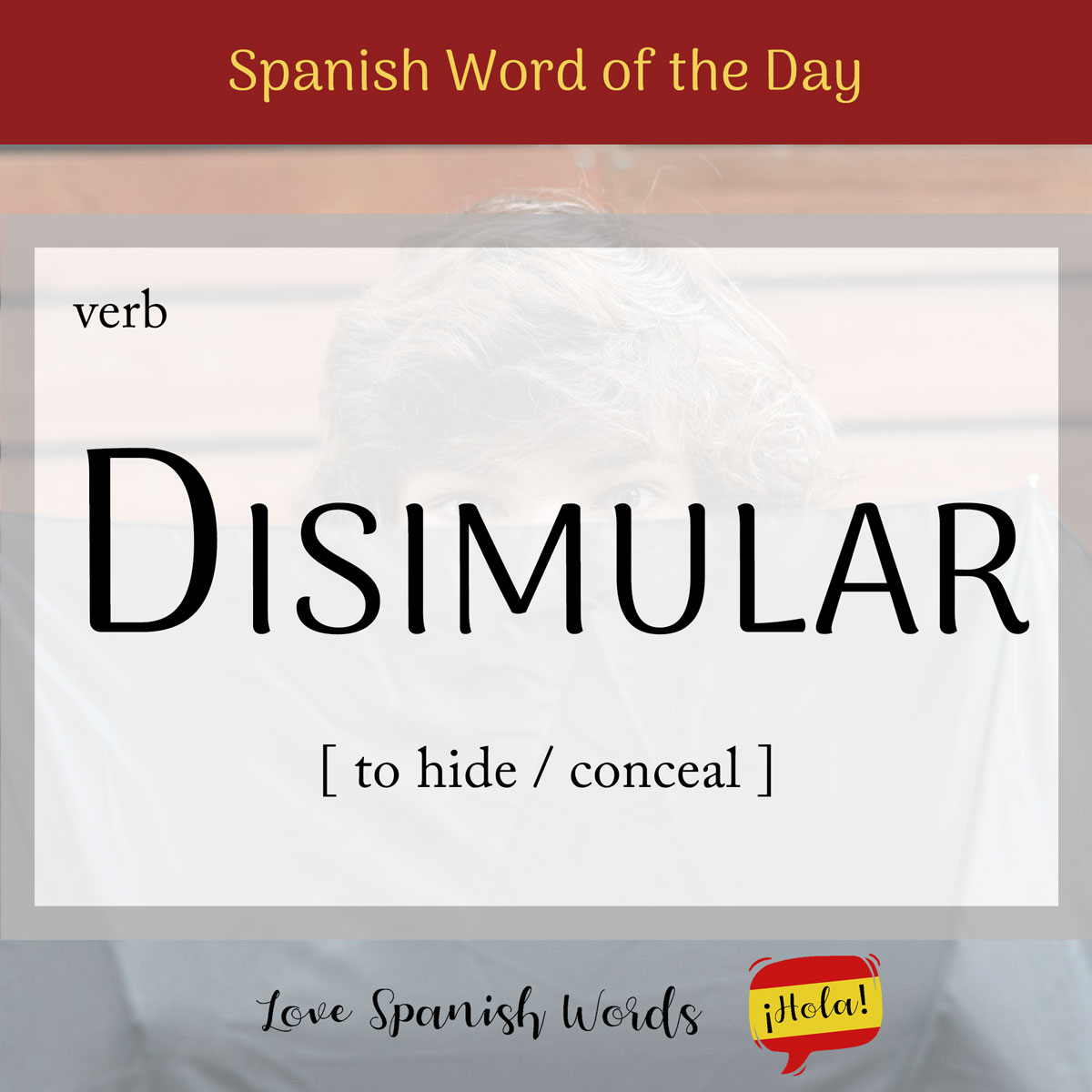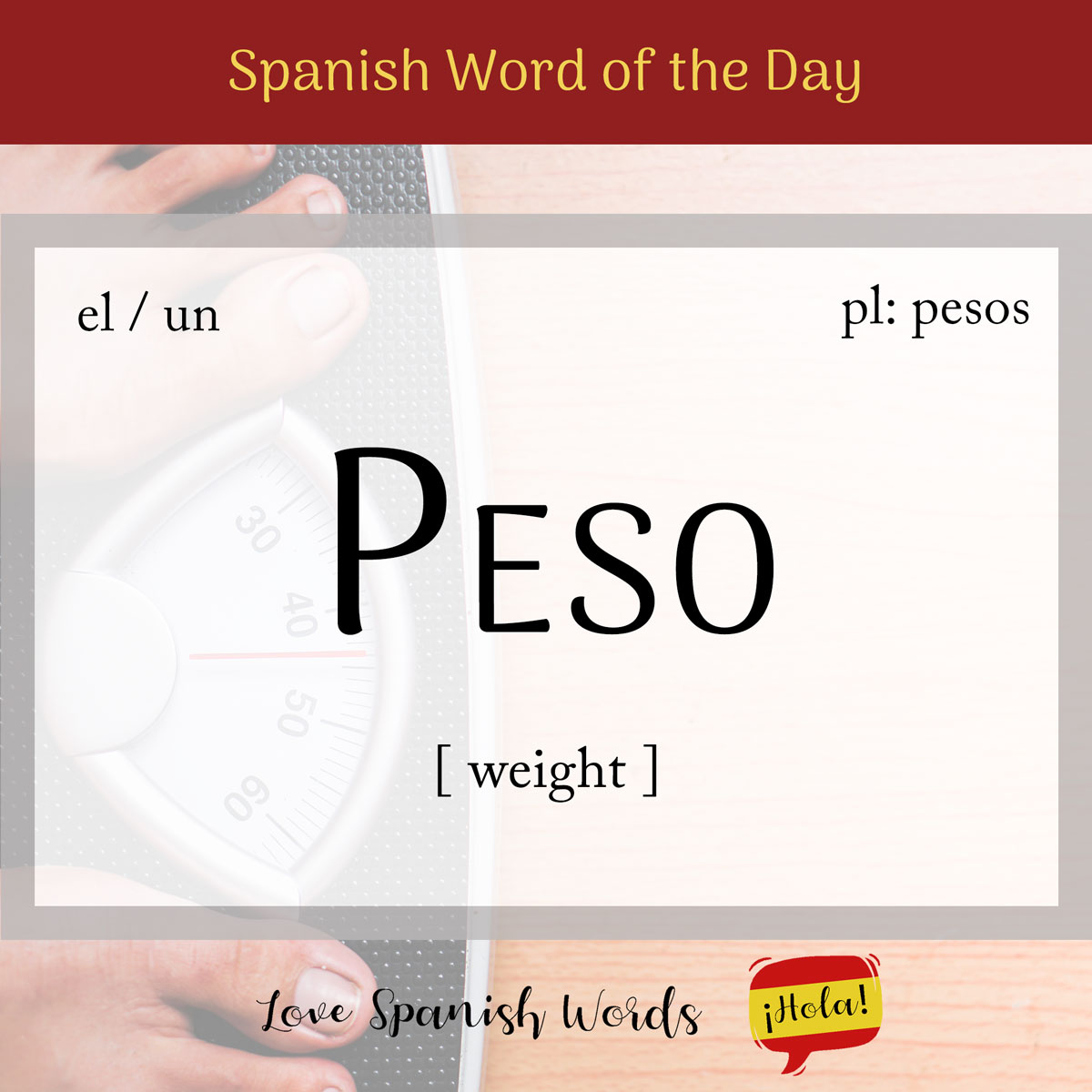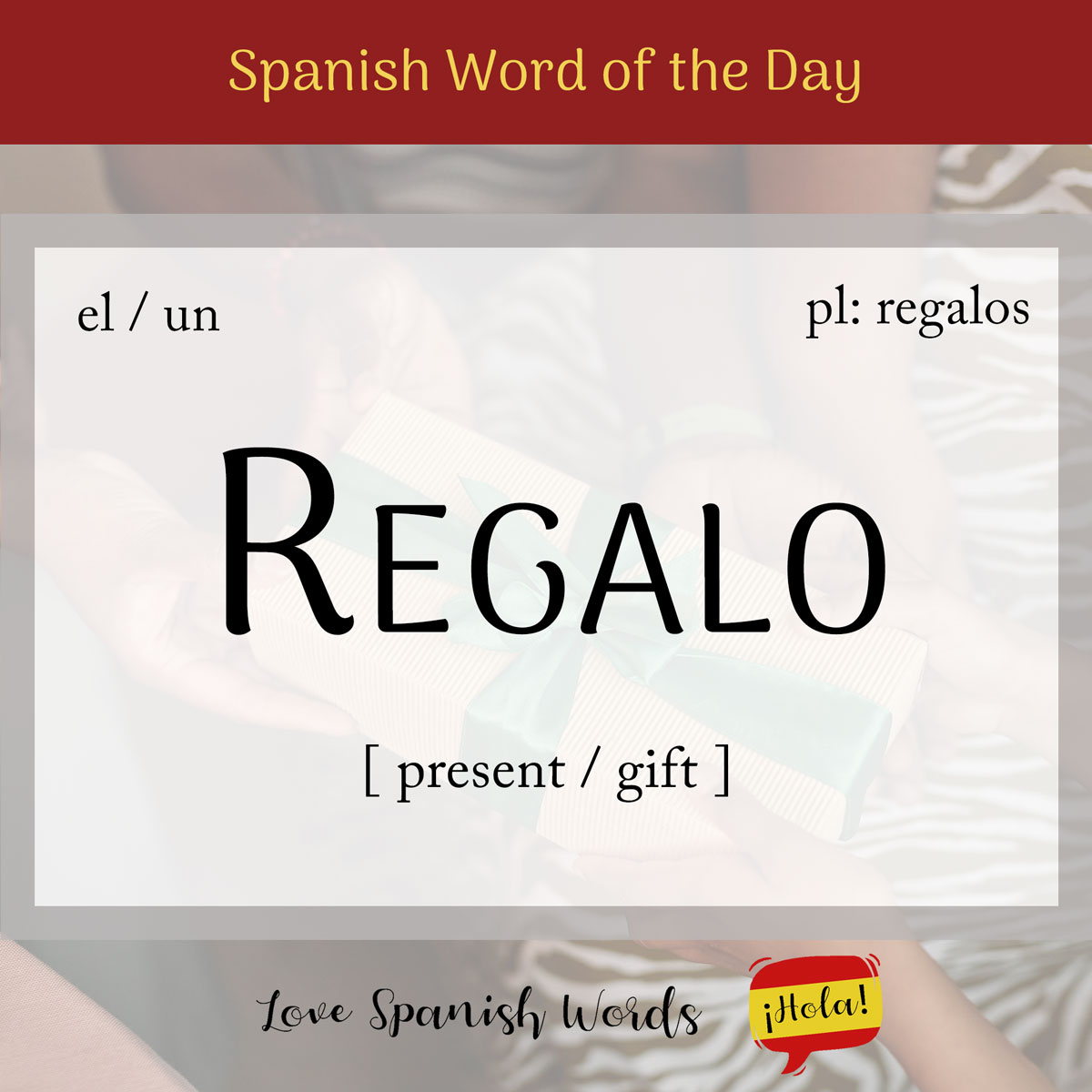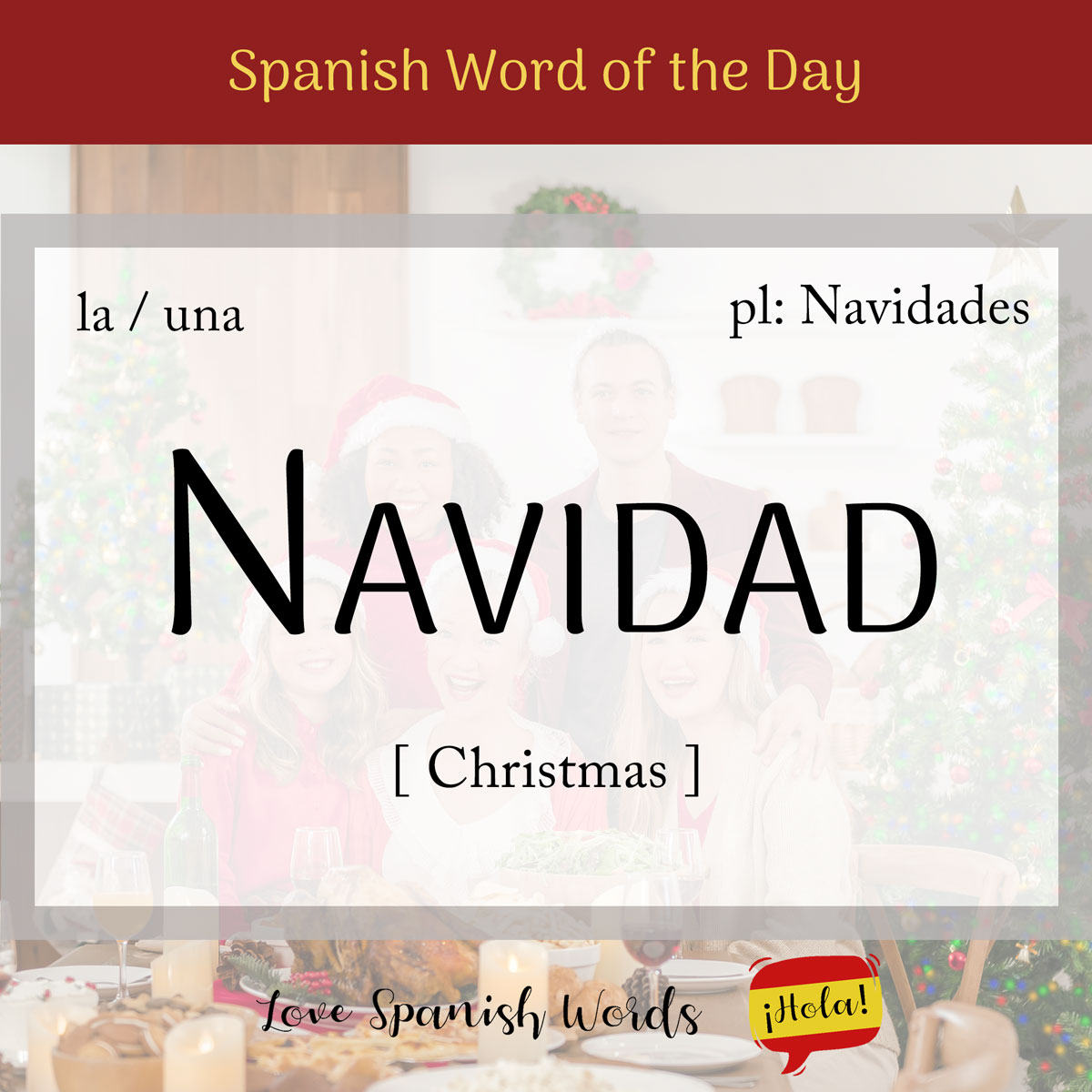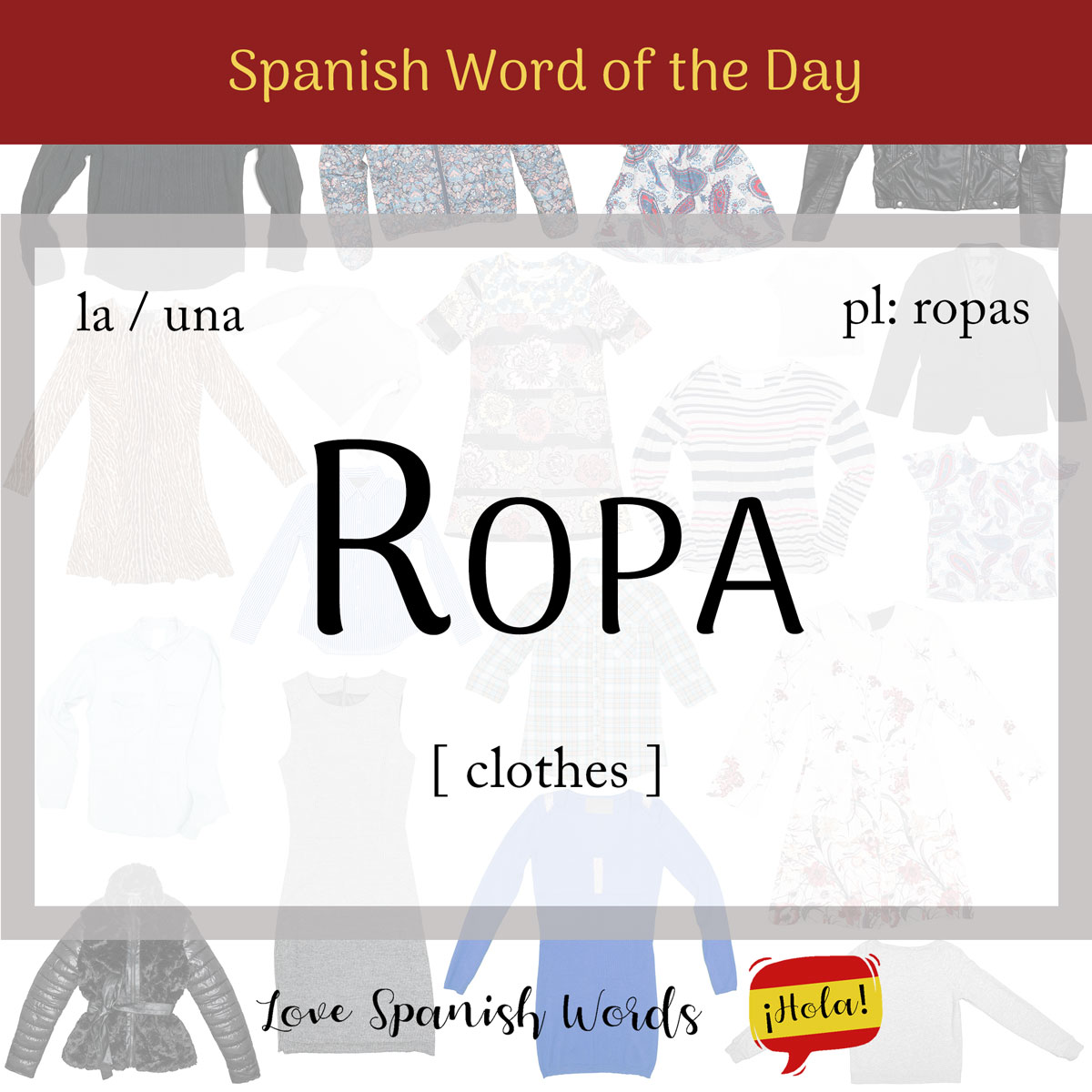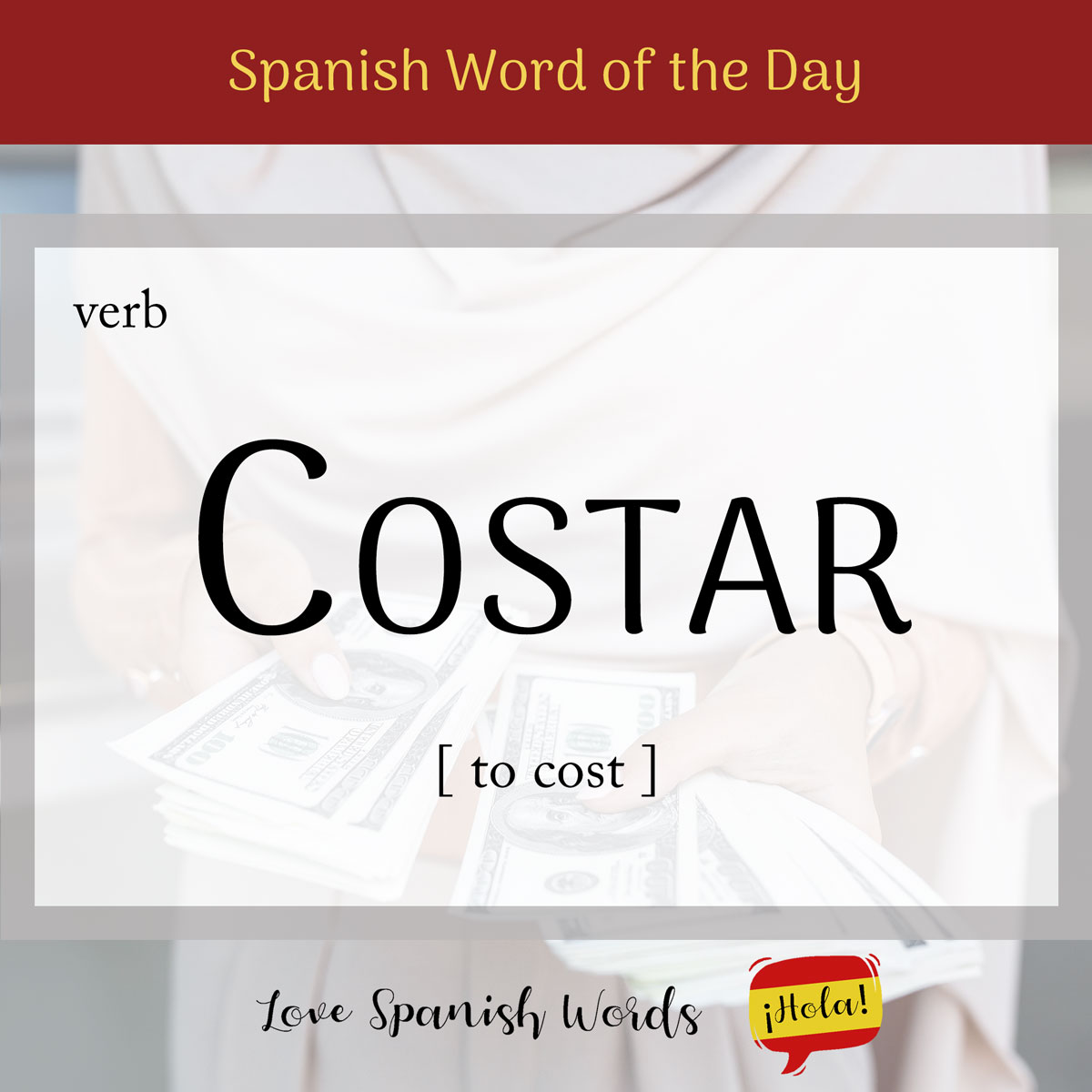Spanish Word of the Day: Disimular (to hide / to conceal)
The word disimular traces its origins back to the Latin word dissimulo or dissimulare, which is composed of two parts: dis- (a prefix meaning “apart” or “away”) and simulare (to pretend or feign). Simulare is derived from similis (similar, alike), suggesting the idea of making something appear as if it were something else, or hiding …

